 Magnolia by James Jebusa Shannon, 1899. | |
| Gender | Feminine |
|---|---|
| Origin | |
| Word/name | English |
| Meaning | flower name |

Magnolia is an English name taken from the flower name. [1]
 Magnolia by James Jebusa Shannon, 1899. | |
| Gender | Feminine |
|---|---|
| Origin | |
| Word/name | English |
| Meaning | flower name |

Magnolia is an English name taken from the flower name. [1]
The name was among the 1,000 most common names for girls and women in Brazil between 1930 and 1970. [2] The name has increased in popularity for girls in the United States in recent years. It came into popular use along with other plant and flower names in the late 1800s and early 1900s and was the 420th most popular name for girls in 1909, the height of its early use. It had declined in popularity by the mid 20th century but then returned to the top 1,000 names for newborn American girls in 2013 and was ranked among the top 200 names for girls by 2020. [3] The name ranked among the top 1,000 names for newborn girls in Canada in 2021, the year it ranked 770th on the popularity chart and was given to 36 newborn Canadian girls. [4]

Bonnie is a Scottish given name and is sometimes used as a descriptive reference, as in the Scottish folk song, My Bonnie Lies over the Ocean. It comes from the Scots language word "bonnie", or the French bonne (good). That is in turn derived from the Latin word "bonus" (good). The name can also be used as a pet form of Bonita.

Florence is usually a feminine given name. It is derived from the French version of (Saint) Florentia, a Roman martyr under Diocletian. The Latin florens, florentius means "blossoming", verb floreo, meaning "I blossom / I flower / I flourish". Florence was in the past also used as a translation of the Latin version Florentius, and may be used in this context as a masculine given name.
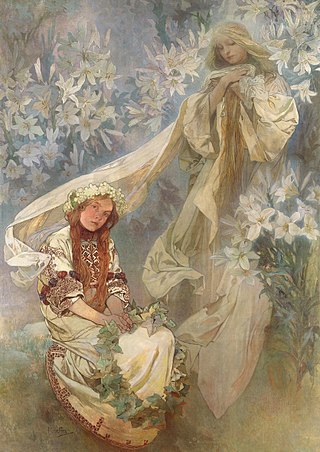
Lily is a feminine given name usually derived from lily, the flower. The name became particularly popular along with other flower names for girls during the 1800s and early 1900s. The lily also has associations with and has been symbolic of innocence and purity in Christian art. Names beginning with or containing the letter L have also been particularly fashionable for girls. It is also occasionally used as a diminutive for other names such as Elizabeth.

Flora is a feminine given name of Latin origin meaning flower, ultimately derived from the Latin word flos, which had the genitive florus. Flora was a fertility goddess of flowers and springtime in Ancient Rome.

Cassandra, also spelt Kassandra, is a feminine given name of Greek origin. Cassander is the masculine form of Cassandra. In Greek mythology, Cassandra was the daughter of King Priam and Queen Hecuba of Troy. She had the gift of prophecy, but was cursed so that none would believe her prophecies. The name has been in occasional use since the Middle Ages. The usual English nickname is Cassie. Cassandre is the French version of the name.

Palmer is a given name of English origin that is a transferred use of a surname meaning palm bearer or pilgrim. Christian pilgrims to the Holy Land traditionally carried the palms.
Aviana or Avianna is a feminine given name with multiple origins. It is a Greenlandic name, a variant of the Greenlandic name Avek, meaning "family", combined with the Greenlandic ending -na that is indicative of a first name. It has been a popular name for girls in Greenland in recent years.
Nova is a given name of Latin origin meaning "new".

Marigold is an English name taken from the common name used for flowers from different genera such as Calendula or Tagetes, among others.
Serenity is a modern English name taken from the word “serenity” meaning “peaceful”.
Genesis is a modern English and Spanish name taken from the word meaning "creation" or "beginning", or given in reference to the Book of Genesis.
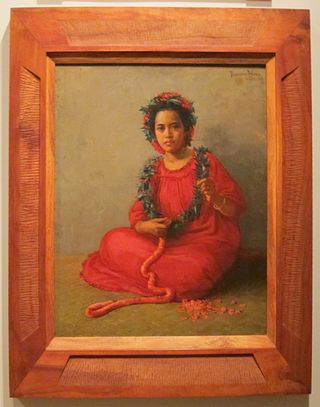
Leilani is a Hawaiian given name meaning "heavenly garland of flowers" or "royal child". The Hawaiian word lei refers to flowers and lani to the sky or heavens, with an association to royalty.

Winter is a modern given name of English origin given in reference to the season.
Octavia is a feminine given name of Latin origin meaning eight that derives from the Octavia gens.

Cataleya is a feminine given name, a variant spelling of Cattleya, a genus of orchid named in honor of English botanist William Cattley. The surname Cattley is said to be a transferred use of Catley, a one-time English place name in both Hertfordshire and Lincolnshire. The place name was ultimately derived from the Old English words catte, meaning cat and leah, meaning meadow or clearing, giving the meaning “from the meadow or clearing where wildcats dwell.” Another name for the Cattleya orchid is cat orchid. Others have made a connection between the name and cats because of the name’s starting syllable.
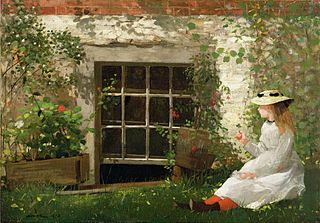
Clover is a modern given name derived from the common name for the plant, which was ultimately derived from the Old English word clāfre. The name has associations with Ireland and with good fortune due to traditional tales about the Irish shamrock or four-leaf clover. The name has recently increased in usage, a trend that has been attributed to a renewed interest in “cottagecore names” with a vintage sensibility that are rooted in the natural world. The name has ranked among the 1000 most used names for newborn girls in the United States since 2021. It also ranked among the 1,000 most popular names for newborn girls in Canada in 2021, the year it ranked in 854th position on the popularity chart with 32 uses. The name also ranked among the top 1,000 names for newborn girls in England and Wales in 2021, the year it ranked in 918th place on the popularity chart there.

Anakin is a masculine given name usually given in reference to the Star Wars character Darth Vader, a hero turned villain whose original name was Anakin Skywalker. In Legends continuity, the name is shared with Anakin Solo, the third child of Han Solo and Leia Organa, daughter of Anakin Skywalker.
Raya is a given name with multiple, unrelated origins in different cultures.
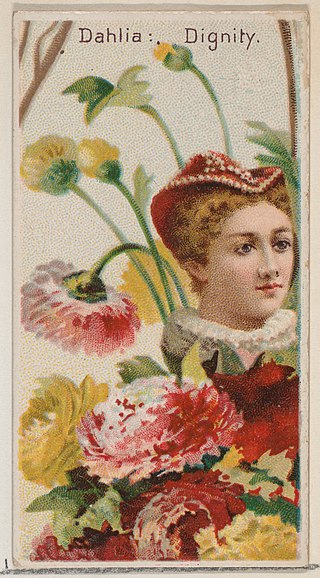
Dahlia is a feminine given name derived from the name for the flower, which was named in honor of the Swedish botanist Anders Dahl. His surname is of Germanic origin and refers to a person who lived in a valley. It is also a spelling variant of the name Dalia, which is also a Hebrew name meaning “hanging branch”.
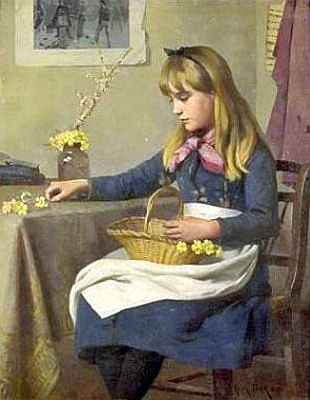
Primrose is an English feminine given name given in reference to the flower. The common name for the flower comes from the Latin phrase prima rosa, or first rose. It is also an English or Scottish surname. As a given name, it was occasionally used as a transferred use of the surname for both boys and girls. It came into vogue in the Victorian era and first part of the 20th century, especially in the United Kingdom, along with other plant and flower names for girls. More attention has been given to the name in the Anglosphere due to a character in The Hunger Games books by Suzanne Collins and the movies based on the books.